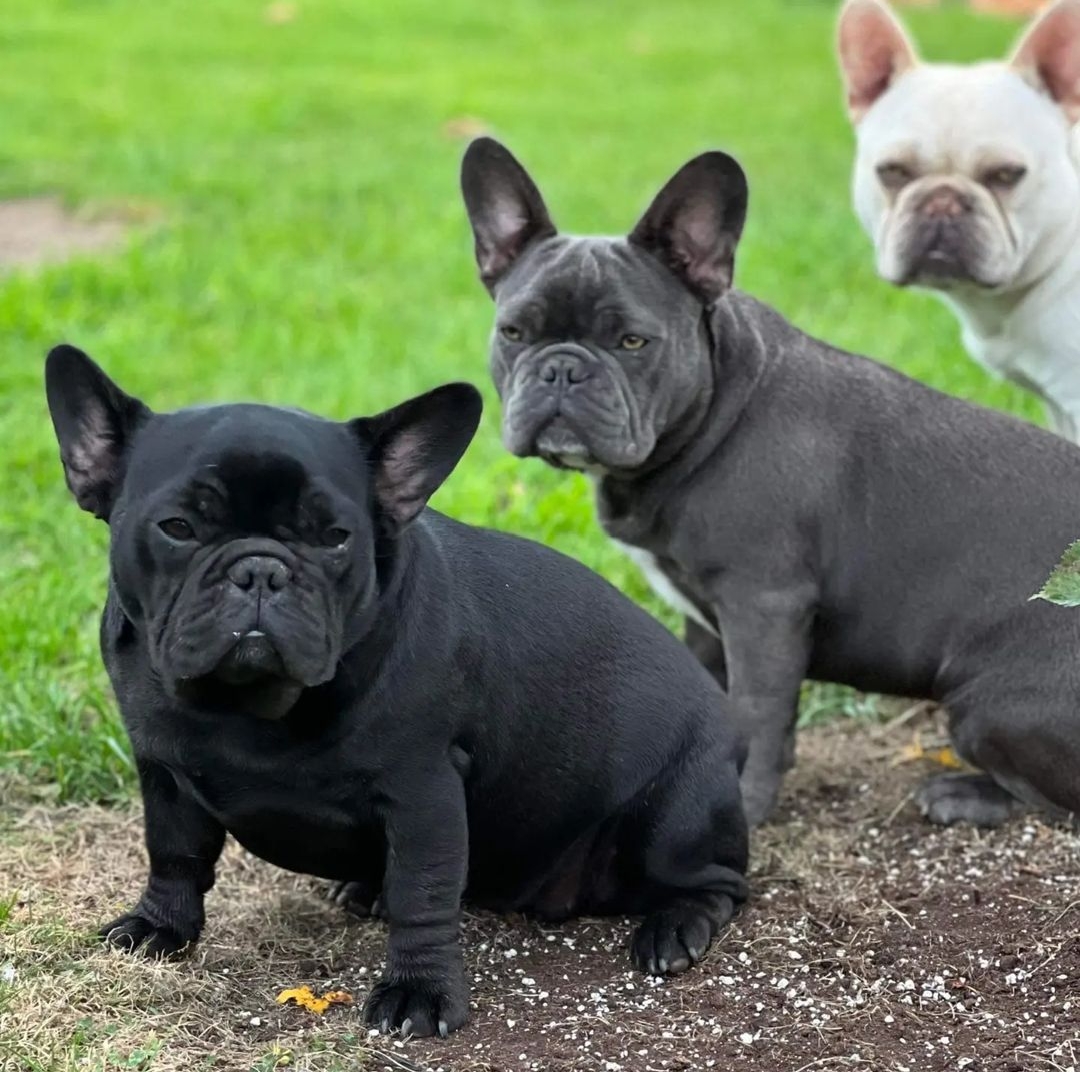Puppy Diarrhoea
- FreeRange null

- Aug 10, 2023
- 2 min read
Updated: Aug 8, 2024
Raising puppies can be an emotionally tense experience due to the various responsibilities and uncertainties involved.
The tasks range from managing vet appointments and ensuring the puppy doesn't swallow foreign objects to dealing with an issue that's quite common in puppies: diarrhoea.
Diarrhoea is characterized by loose, watery stools and can be a frustrating symptom for puppy owners.
The challenge lies in pinpointing the exact cause, diarrhoea can arise from a wide spectrum of reasons.
These include:
Dietary changes or food intolerances: Altering a puppy's diet abruptly or a sensitivity to certain ingredients can lead to digestive upset and diarrhoea.
Bacterial infections: Puppies have less developed immune systems, making them susceptible to bacterial infections such as Salmonella and E. coli. These infections can lead to diarrhoea, often accompanied by other symptoms like fever and loss of appetite.
Viral infections: Some of the most concerning causes of puppy diarrhoea are viral infections like Parvo and distemper. These diseases are serious and necessitate immediate veterinary care, especially for unvaccinated or incompletely vaccinated puppies.
Ingestion of garbage, toxins, or foreign objects: Puppies are naturally curious and tend to explore their surroundings with their mouths. Ingesting inappropriate items like garbage or toxins can lead to digestive issues and diarrhoea. Sometimes, these substances can cause blockages that require veterinary intervention.
Parasites: Puppies are vulnerable to parasites like roundworms, hookworms, coccidia, and giardia. These parasites can lead to diarrhoea and require veterinary treatment to eliminate.
Stress: Just like in humans, stress can lead to diarrhoea in puppies. The transition to a new environment, meeting new people, and adapting to a household routine can all induce stress in puppies.
Knowing when to involve a veterinarian is crucial. While many cases of puppy diarrhoea are mild and self-resolve, there are red flags that demand immediate attention. These include bloody diarrhoea, vomiting, fever, severe discomfort, and ingestion of toxic substances or foreign objects.
For puppies that haven't completed their vaccinations, diarrhoea could be a sign of serious conditions like Parvo.
Treating puppy diarrhoea involves addressing the underlying cause. For mild cases due to stress or dietary changes, adjusting the diet and ensuring hydration can be sufficient.
Bacterial and viral infections might require hospitalization, antibiotics, and supportive care.
In cases of ingested toxins or parasites, specific treatments are needed.
Prevention revolves around gradual dietary transitions, maintaining clean environments, vaccinating at appropriate intervals, and safeguarding puppies from ingesting harmful items.
Regular observation of a puppy's bowel movements is essential for early detection of health issues.
In summary, raising puppies involves managing a range of challenges, including the common problem of diarrhoea. Understanding the potential causes, recognizing severe symptoms, and being proactive in prevention and treatment can contribute to the well-being of your furry friend.
If you have any concerns please contact your local vet.
We highly recommend PD Pet Insurance, click the link below to get the best quote







Comments